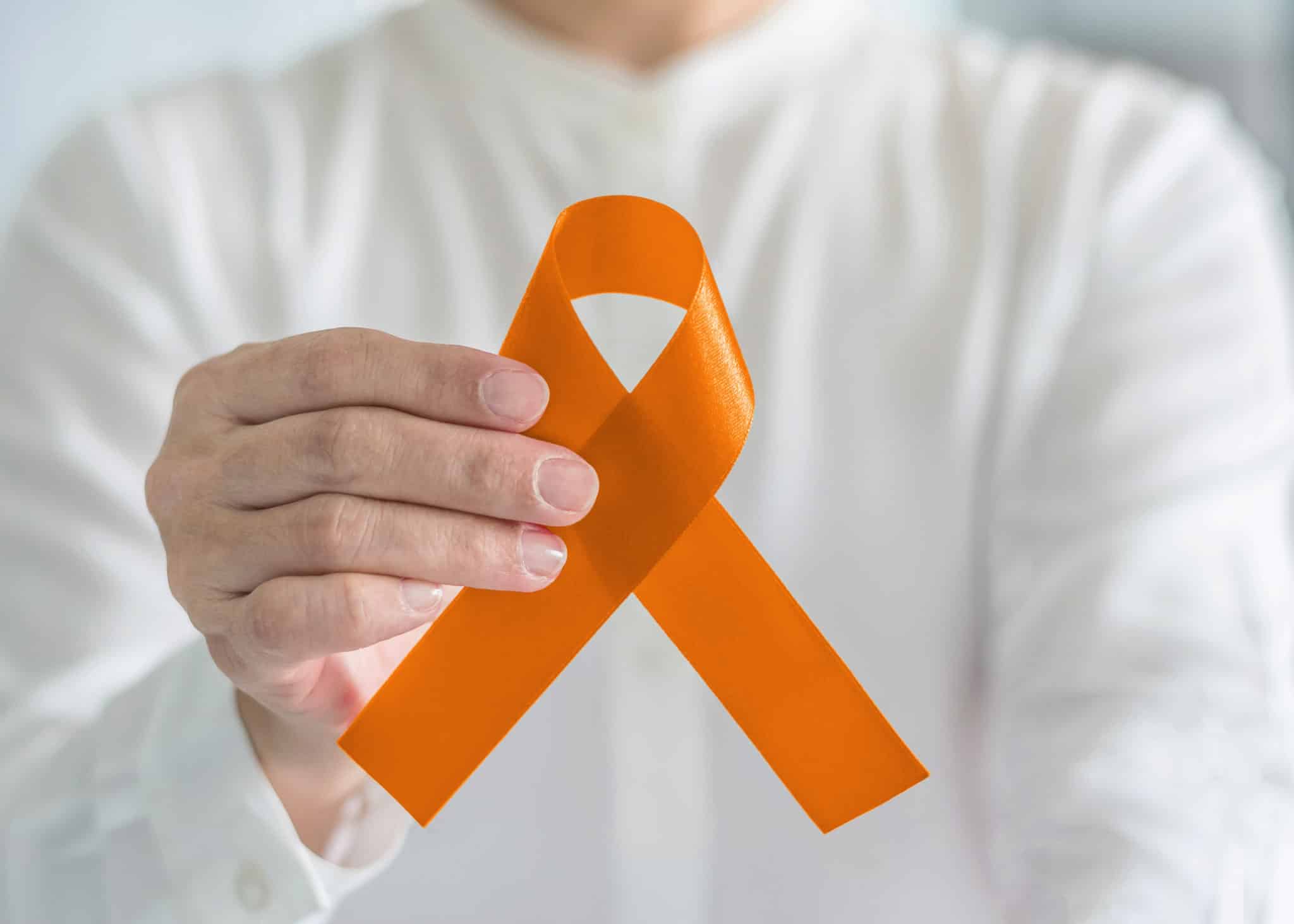Late-Stage MS: Everything You Need to Know

This month is National Hospice and Palliative Care Month. Therefore, the team at our hospice in South Jersey would like to raise awareness about late-stage MS (Multiple Sclerosis) and how hospice teams work to support MS residents during this stage.
What Is MS?
Multiple sclerosis, more commonly known as MS, is a progressive disease that affects the central nervous system. It causes the immune system to attack the protective layer around nerve fibers in the brain and spinal cord, causing damage that affects the nerves ability to communicate with the rest of the body. Although there is no cure for MS, there are advanced treatments that help to manage symptoms and assist in recovery after attacks.
How Does Hospice Care Help?
While the progression of the disease and the severity of its symptoms differ from person to person, most live between 25 and 35 years after their diagnosis. While doctors and specialists handle all treatment plans during the earlier stages of MS, hospice becomes a very effective and useful service during the end-stage.
Hospice care is recommended by a physician when a person is determined to have six months of life remaining, and it is at this point where care plans shift to prioritize a patient’s comfort and symptom management as well as their final wishes.
Hospice care for late-stage MS is about ensuring that the resident not only has the best possible care, but also the best possible quality of life during this stage of the disease, just as you desire for the early stages.
Managing End-Stage MS Symptoms
Multiple sclerosis is a challenging diagnosis to deal with, not only for those residents affected, but also for their families and caregivers. As the condition progresses into the end stages, symptoms may include:
- Difficulty breathing due to weakened respiratory muscles and fluid build-up;
- Limited mobility that restricts a patient to a bed or chair where they can get assistance with grooming, hygiene, and daily tasks;
- Neurological decline due to more pronounced changes in brain function and mental capability;
- Difficulty eating due to weakened muscles as well as tremors, impacting their ability to hold utensils, which results in poor nutrition;
- Difficulty communicating and verbalizing their needs;
- Pain due to muscle spasms, pressure sores from immobility, and nerve pain; and
- Muscle atrophy and skin ulcers.
These symptoms can be professionally and compassionately managed in a hospice, where teams of trained professionals care for residents around the clock. This not only ensures each one is as comfortable as possible, it also helps to prevent complications. Residents’ families and loved ones also benefit, as they are able to spend quality time together in a relaxing and welcoming setting. In addition, hospice communities offer spiritual support and counseling for residents and their families, which is invaluable during this time.
Discover the Value of Hospice – Visit Our Beautiful Hospice in South Jersey
At The Shores, a part of the well-known United Methodist Communities non-profit organization in New Jersey, we offer compassionate, professional hospice care in the Jersey Shore area called Bridges. It focuses on creating a nurturing and comforting environment for residents and their loved ones through customized care programs and compassionate support. To find out more about our hospice in Cape May County, please visit our website at https://umcommunities.org/theshores/hospice-care-nj/ or contact us today and organize your visit.





